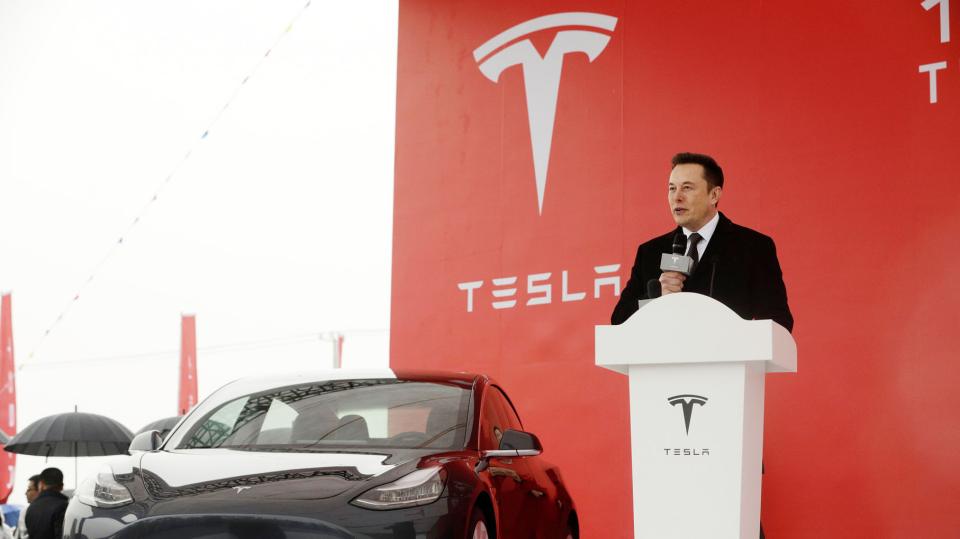For his first foreign activity of 2019, Chinese Premier Li Keqiang met with Elon Musk, founder and CEO of electric vehicle maker Tesla Motors, in Beijing on January 9.
Musk was in China to celebrate the ground breaking of Tesla’s Shanghai factory on January 7, its first one in China. The factory is China’s first foreign-funded project after lifting foreign equity restrictions on the new energy vehicle (EV) industry last year.
The project reflects China’s determination to advance a new round of higher-level opening-up to the world, wrote commentator Wang Fazhi in an opinion piece for haiwainet.cn, the website for the People’s Daily overseas edition.
Despite China-US trade frictions, several foreign companies, including Tesla, are increasing investments in China.
In September 2018, there were 4,591 newly formed foreign-invested companies, with foreign investment in actual use reaching 76.27 billion yuan (US$11.25b), up 45.7 percent and 8 percent year-on-year respectively. This is not only because of China’s large and steadily developing domestic market. The country is also improving its business environment through efforts such as lowering the market entry threshold and strengthening intellectual property protection.
Equally notable is that China is capable of driving its own development through opening up, a lesson learned from its own experience, Wang said.
Take Tesla’s arrival in China as an example. Its strong technological advantages have some Chinese EV makers crying wolf, Wang wrote. However, this will force domestic brands to catch up with world-leading brands at a faster pace, while the new technical standards they bring present a chance for auto parts makers to upgrade and transform.

 Old Version
Old Version